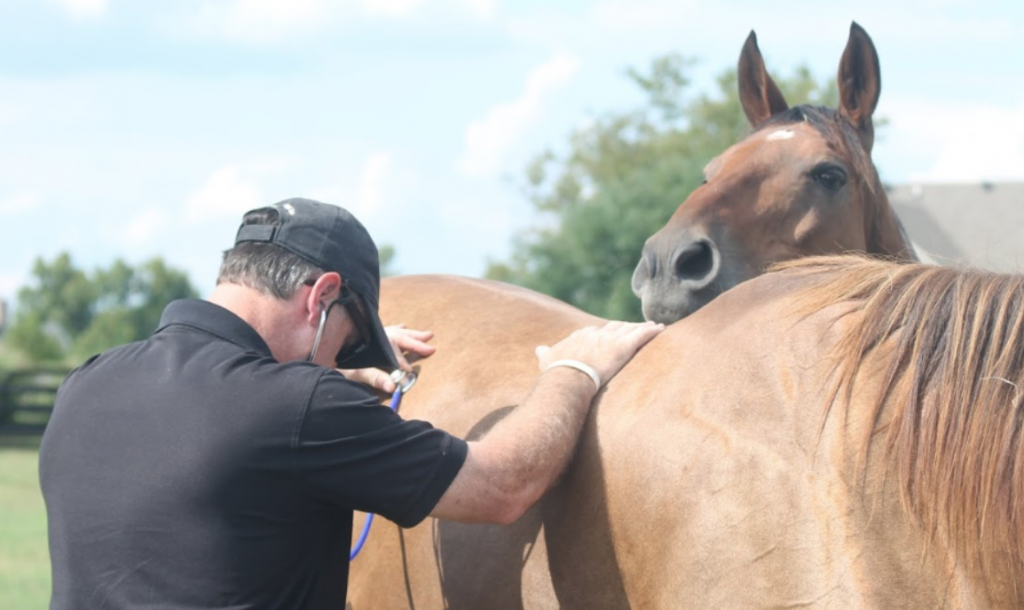Don’t Let Them Rip You Off: The Skeptic’s Guide to Buying Horse Supplements
By Dr. Steve Allday
A trip down the horse supplement aisle at your local tack store will reveal enough health claims to make your head spin. If you believed what’s written on the side of every bottle, you’d think these products could make sunshine come out your horse’s backside. It can’t all be true—or medically necessary. How do you tell the difference?
Do your homework.
Anyone selling an equine supplement can make nearly any outrageous claim and still sell their product legally. Before you buy a supplement, have a good long conversation with your vet about what your horse’s caloric intake should be daily, based on his age, activity level and muscle mass. Use this as your guide for feed. Have him checked for vitamin or iron deficiencies. Talk to your vet about the sort of supplements, if any, that your horse may need based on his stage of life and activity level. It will make you a more confident shopper.
Know what your horse needs daily.
In my personal, professional opinion, there’s not that many “extras” that a competitive horse needs daily. They deplete two things—the fluid that cushions their joints, through repeated pounding; and their natural potassium and sodium, through sweat.
Admittedly, I’m more than a little biased here. As the founder of LubriSynHA, a hyaluronic acid joint supplement, I believe every horse can benefit from replenishing of the fluid between their joints. I give LubriSyn to each of my horses, every day, regardless of their age or racing status. It prevents them from needing as many injections for pain, actively prevents injury, and keeps horses more flexible. I also recommend supplementing horses with an electrolyte solution, potassium and sodium daily, to ward off conditions like “tying-up syndrome.”

There are plenty of feed supplement companies that advocate giving your horse daily supplements that boost calories and vitamins/minerals beyond daily limits. Calorie supplementation will only get you one thing—a fat, slow horse. In a healthy horse, mega doses of vitamins won’t cause any harm, but they won’t do your horse or your wallet any good.
Will supplements help when your horse is sick?
Yes, but only under a vet’s direction. There are many cases where horses need additional support when bouncing back from an illness or injury. For instance, vitamin E, selenium, antioxidants and Morton’s Lite Salt are the prescribed cure for tying-up syndrome, which can cause widespread cramping and paralysis in horses. Horses who are coming back after severe malnutrition or are suffering from a debilitating condition like chronic arthritis can also benefit from supplements made from colostrum, such as Re-Borne. Providing a super punch of much needed vitamins and minerals, this supplement can help horses bounce back very quickly. It’s important to follow your vet’s advice specifically when rehabilitating a horse.

Those who’ve read my columns before know that I am a bit of a naturalist when it comes to horse care. I believe a horse should have as few performance enhancing injections as possible, and only take supplements when they are medically proven, through double-blind studies, to work. You can call me old fashioned if you want. I just call it good horse sense.

